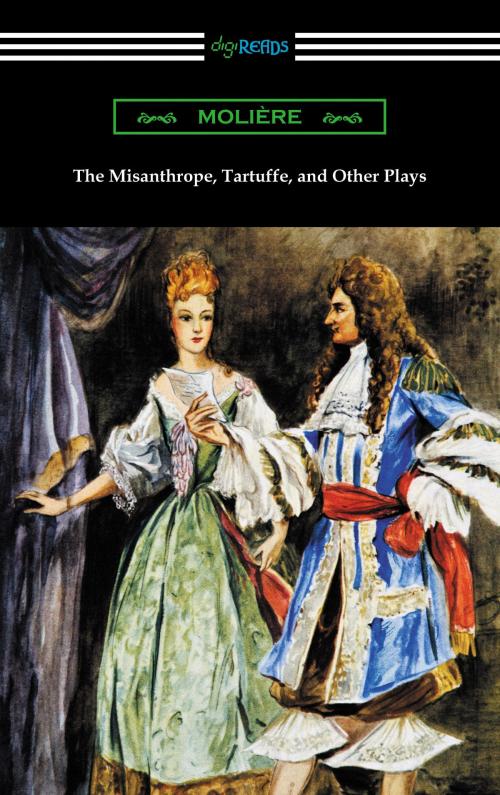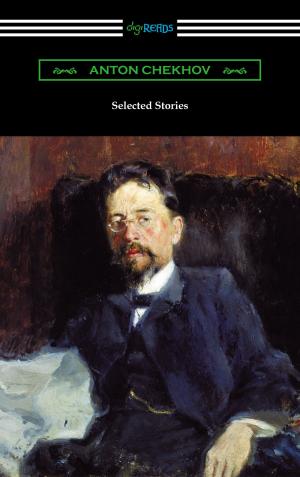The Misanthrope, Tartuffe, and Other Plays (with an Introduction by Henry Carrington Lancaster)
Nonfiction, Entertainment, Drama, Continental European| Author: | Moliere | ISBN: | 9781420955347 |
| Publisher: | Neeland Media LLC | Publication: | May 31, 2017 |
| Imprint: | Digireads.com Publishing | Language: | English |
| Author: | Moliere |
| ISBN: | 9781420955347 |
| Publisher: | Neeland Media LLC |
| Publication: | May 31, 2017 |
| Imprint: | Digireads.com Publishing |
| Language: | English |
Jean-Baptiste Poquelin, known popularly by his stage name Molière, is regarded as one of the masters of French comedic drama. When Molière began acting in Paris there were two well-established theatrical companies, those of the Hôtel de Bourgogne and the Marais. Joining these theatrical companies would have been impossible for a new member of the acting profession like Molière and thus he performed with traveling troupes of actors in the French provinces. It was during this period that Molière would refine his skills as both an actor and a writer. Eventually his reputation would increase allowing him to return to Paris where he gained the patronage of Philippe I, Duke of Orléans, the brother of the King of France, Louis XIV. This collection of Molière’s plays includes some of his most notable compositions. In “The Misanthrope”, a comedy of errors which satirizes the hypocrisies of French aristocratic society, the author draws upon his bourgeoisie upbringing in 17th century France. “Tartuffe” is the story of Orgon, the head of his family, who has fallen under the influence of Tartuffe, an imposter who pretends to be pious and to speak with divine authority. These plays along with “The School for Wives”, “The School for Wives Criticized”, and “The Impromptu at Versailles” exhibit the dramatist at his comedic best. This edition includes an introduction by Henry Carrington Lancaster and a biographical afterword.
Jean-Baptiste Poquelin, known popularly by his stage name Molière, is regarded as one of the masters of French comedic drama. When Molière began acting in Paris there were two well-established theatrical companies, those of the Hôtel de Bourgogne and the Marais. Joining these theatrical companies would have been impossible for a new member of the acting profession like Molière and thus he performed with traveling troupes of actors in the French provinces. It was during this period that Molière would refine his skills as both an actor and a writer. Eventually his reputation would increase allowing him to return to Paris where he gained the patronage of Philippe I, Duke of Orléans, the brother of the King of France, Louis XIV. This collection of Molière’s plays includes some of his most notable compositions. In “The Misanthrope”, a comedy of errors which satirizes the hypocrisies of French aristocratic society, the author draws upon his bourgeoisie upbringing in 17th century France. “Tartuffe” is the story of Orgon, the head of his family, who has fallen under the influence of Tartuffe, an imposter who pretends to be pious and to speak with divine authority. These plays along with “The School for Wives”, “The School for Wives Criticized”, and “The Impromptu at Versailles” exhibit the dramatist at his comedic best. This edition includes an introduction by Henry Carrington Lancaster and a biographical afterword.















